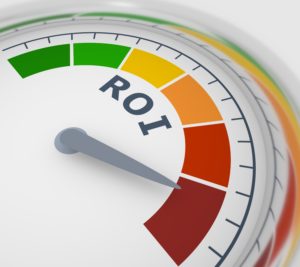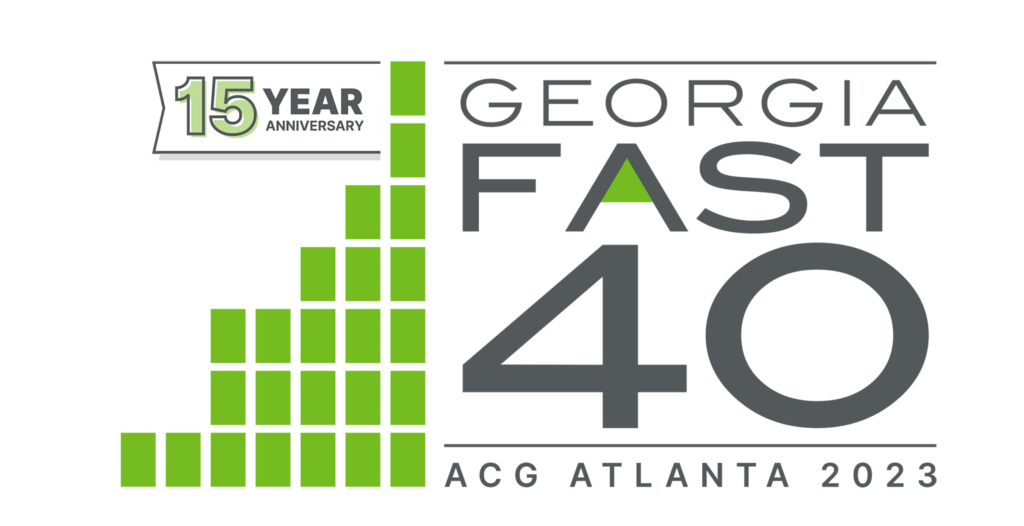Fuel shortages almost always cause an increase in prices, as demand rarely wanes. Markets are especially volatile during times of crisis. Currently, the crisis in Ukraine is creating ripple effects across fuel markets as a large amount of the global supply has been cut off. This situation, combined with the fuel shortages we’ve been seeing during the pandemic era, is creating new challenges for commercial fleets. But, there is a unique opportunity to begin improving risk management during fuel shortages for your fleet.
If you’re concerned about how to continue to handle these rising fuel prices, you must be proactive. Robust risk management is always more effective than reactive measures. Your risk mitigation strategy could include advanced inventory projections, fuel efficiency measures, and price risk management.
Read on to learn which tactics can help buffer your company from the effects of the fuel shortage.
Advanced Inventory Projections
To capture the best fuel prices, you must know the best times to receive deliveries and fuel your fleet.
• When and to which vehicles is fuel allocated?
• How does this change by day of the week or time of day?
• When will vehicles run out of fuel?
Accurate forecasting and inventory management can help you optimize your fueling patterns.
This makes it possible to take advantage of price drips while ensuring your supply is adequate.
The last thing you want during volatile fuel markets is to end up with a shortage and potentially have to buy at peak price.
Fuel Efficiency and Optimization
The best way to guard against the effects of high fuel prices is to minimize your consumption. Aim to make each tank of fuel last as long as possible. Consider:
• When and where is the best location to fuel up?
• How much can the tank hold?
• When will the tank run out of fuel?
• Which routes are most fuel-intensive vs. most fuel-efficient?
Coordinate your fuel usage, each vehicle’s optimal speed, ideal fueling times, and price points at each terminal. There are now advanced software programs and smart meters that can help you make those decisions.
The better you can control logistics, the better you can adapt to volatile fuel prices.
Price Risk Management
During shortages, fuel prices are generally higher, although they may fluctuate during the day as traders adjust their positions. For example, many investors are holding back barrels to prevent losses. As they offset their losses with hedge bets, the position holders will rarely sell unless they stand to gain.
For those reasons, many fleet managers are wondering if they should lock in prices to avoid further hikes. This may not be wise, as we don’t know how or when the Russia–Ukraine situation will be resolved. You would essentially be buying a large amount of fuel in a futures contract that reflects crisis prices.
Another consideration is that locking in high fuel costs will put your company on the line when prices increase — which seems likely until the crisis resolves. In most cases, you’ll be forced to pass those costs on to your customers, creating additional risk.
In short, risk management often works best when you optimize your current deliveries and allocation, rather than playing the market. If you do choose to lock in prices, be prepared to closely watch your bets.
Choosing a Fuel Supplier That Can Help You in Times Like These
Fuel shortages can be alarming, but with careful monitoring and strategic management, you can resist the worst effects of steep prices. The better you can optimize your operations by improving risk management during fuel shortages, the better you can minimize your risk in a volatile markets going forward.
Diversified Energy Supply is here to help you during these difficult times. Let us know how we can assist you.








